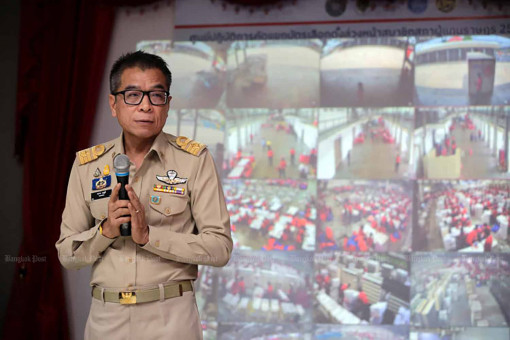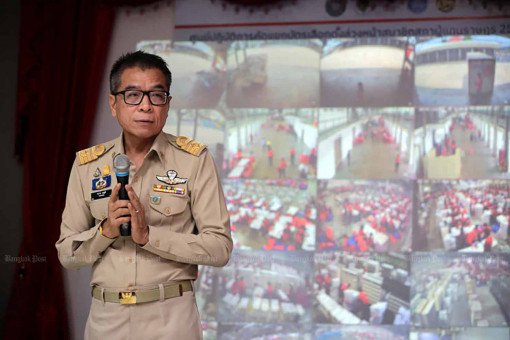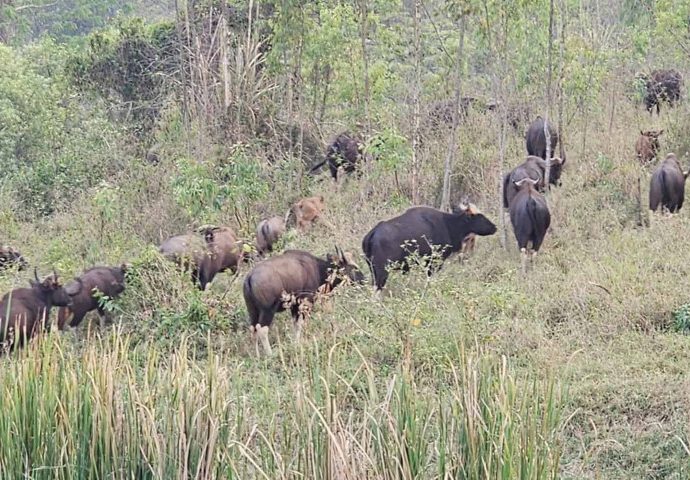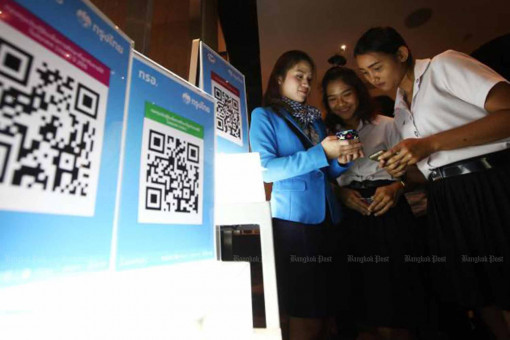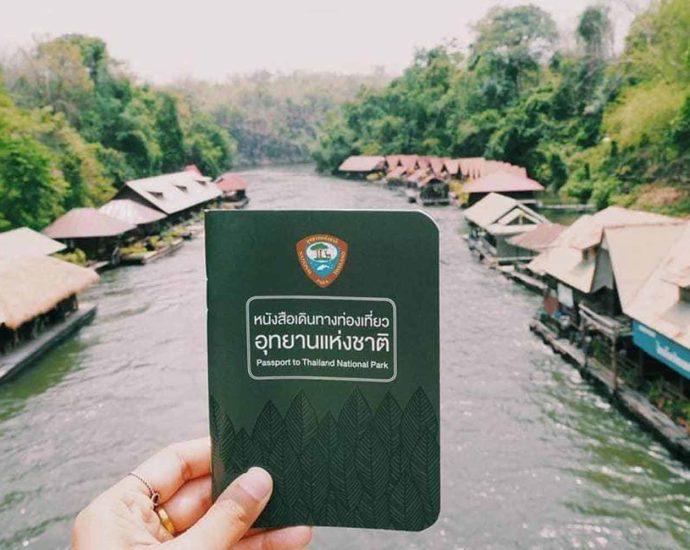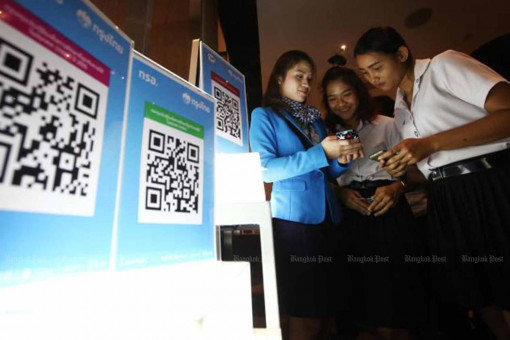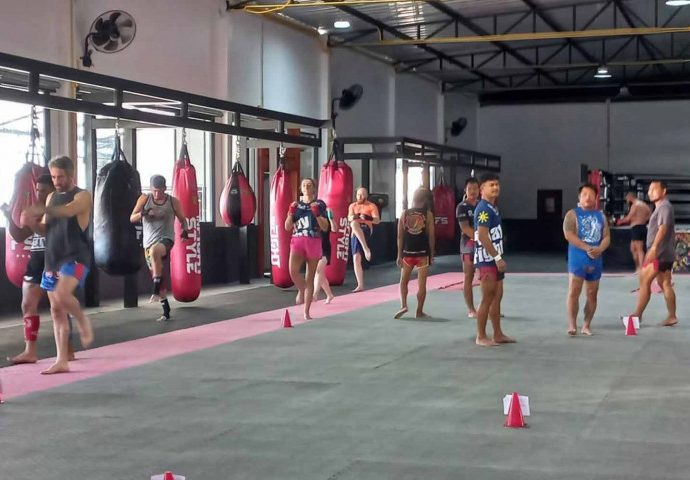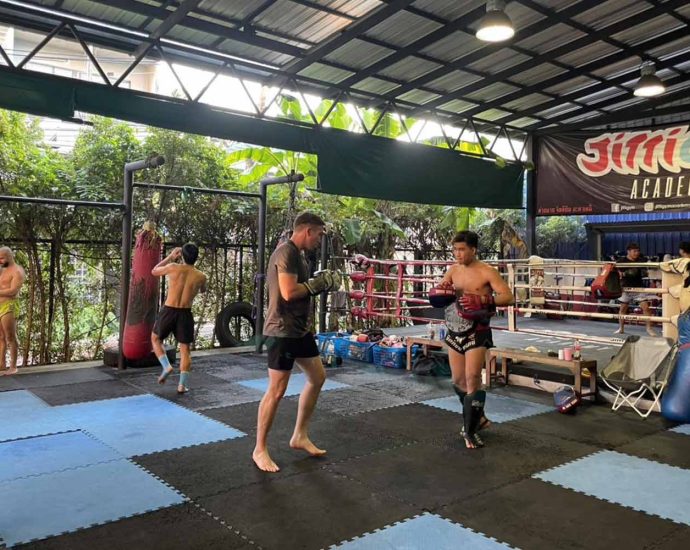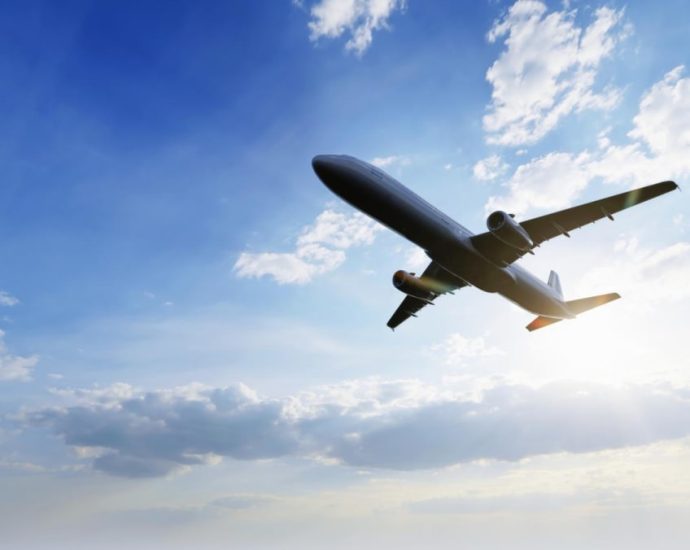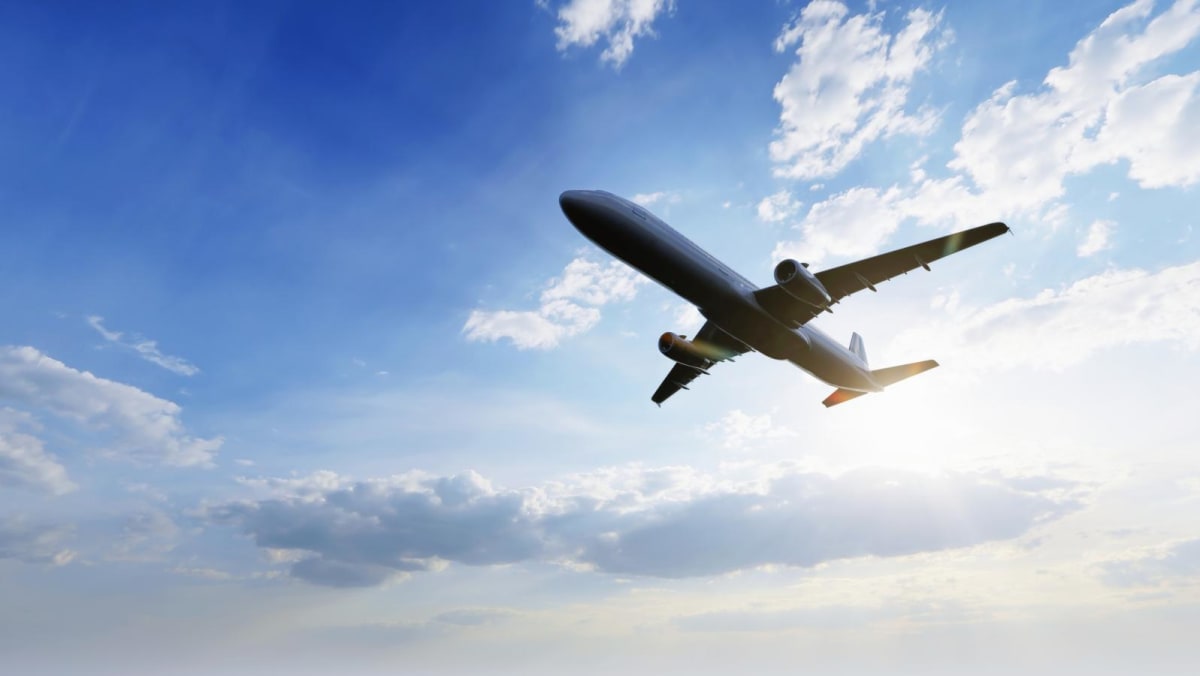Election Commission refuses to comment on legality of 10K handout
PUBLISHED : 21 Jan 2024 at 06:23

The Election Commission (EC) on Saturday refused to be drawn into a debate on the legality of the 500-billion-baht digital wallet handout scheme, which some think is at risk of violating the law if it is funded by loans.
EC secretary-general Sawang Boonmee said the agency could not answer whether the change in the source of money to fund the handout programme would break the law.
When asked if it would submit its views to the government, he said the EC’s review of party campaign promises centres upon where the funds come from and insisted the EC is not in a position to give its opinions.
The legality of the scheme is being questioned after the Pheu Thai-led government is now planning to raise 500 billion baht in loans to fund the scheme. During the election campaign, the Pheu Thai Party said it would not resort to loans.
A panel set up by the National Anti-Corruption Commission (NACC) to study the handout programme points to the changes in how the programme would be funded, from the national budget to seeking out loans.
Some analysts warn that if the loan bill is pushed, the scheme could violate the State Fiscal and Financial Discipline Act because the country shows no signs of being in a crisis that would warrant such a scheme to urgently shore up the economy.
Mr Sawang also said there were 756 projects similar to the digital wallet programme floated during the election campaign, and the estimated cost of all these projects combined was approximately 70 trillion baht.
However, the EC’s role is limited to examining if these policies are in violation of the election laws and it does not assess the merits of the campaign promises. He said that evaluating the feasibility or merits of such promises is for the voters.
The EC’s secretary-general also said it is not always possible for politicians to fully implement every campaign promise.
“Some campaign proposals weren’t implemented at all and some were implemented in a way that was different from what was initially promised. The EC has a limited mandate and can do only what is allowed by the law,” he said.
Chief Ombudsman Somsak Suwansujarit said his office is still gathering facts about the digital wallet handout scheme to determine its legality.
However, it remains unclear how the government will implement it, he said.
He said that unlike the NACC, the Office of Ombudsman is not authorised to make recommendations to the government and it can only act when alleged violations of the constitution are committed.

